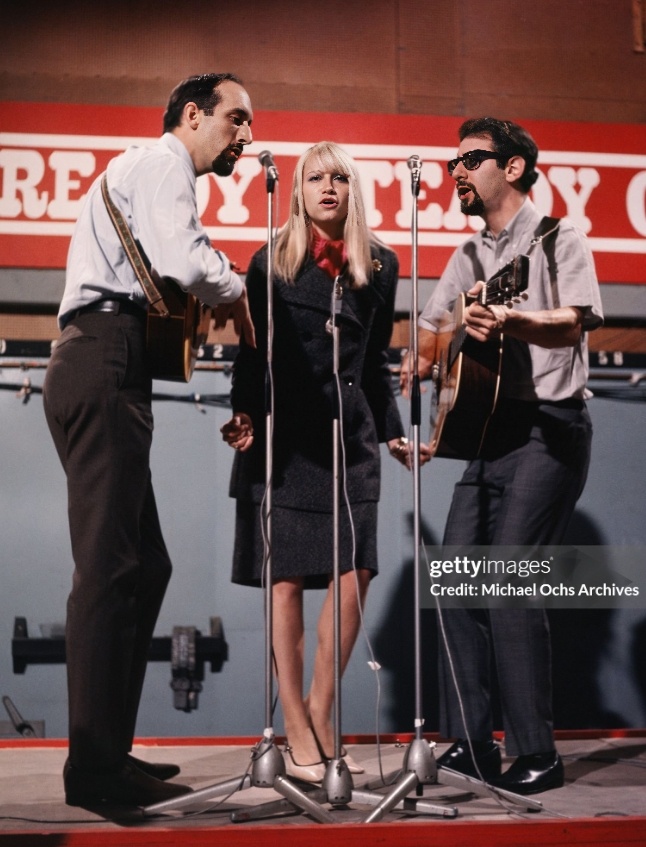
“Puff the Magic Dragon,” a timeless folk ballad released in 1963 by the iconic American folk trio Peter, Paul and Mary, has captivated generations with its melancholic beauty and evocative imagery. Peter, Paul and Mary, comprised of Peter Yarrow, Paul Stookey, and Mary Travers, were pivotal figures in the folk music revival of the 1960s, known for their harmonious vocals, socially conscious lyrics, and ability to connect with audiences on a deeply emotional level. They achieved widespread popularity with hits like “Lemon Tree,” “Where Have All the Flowers Gone?” and “Leaving on a Jet Plane,” earning multiple Grammy Awards and consistently charting on Billboard.
“Puff the Magic Dragon” tells the story of a magical dragon named Puff and his friend, a young boy named Jackie Paper, who enjoy idyllic adventures together. However, as Jackie grows older, he loses interest in the imaginative world they share, leaving Puff to retreat into solitude. While often interpreted as a children’s song about the power of imagination and the bittersweet transition to adulthood, “Puff the Magic Dragon” has also been subject to persistent speculation about hidden drug references, an interpretation vehemently denied by the songwriters.
Despite the controversy, the song resonated deeply with audiences. Its gentle melody, coupled with the poignant narrative of lost innocence and friendship, struck a chord with listeners of all ages. Reviews at the time praised its simple beauty and powerful storytelling, cementing its place in popular culture. Over the years, “Puff the Magic Dragon” has remained a beloved classic, inspiring countless interpretations, covers, and animated adaptations, proving the enduring power of its message and the lasting legacy of Peter, Paul and Mary.